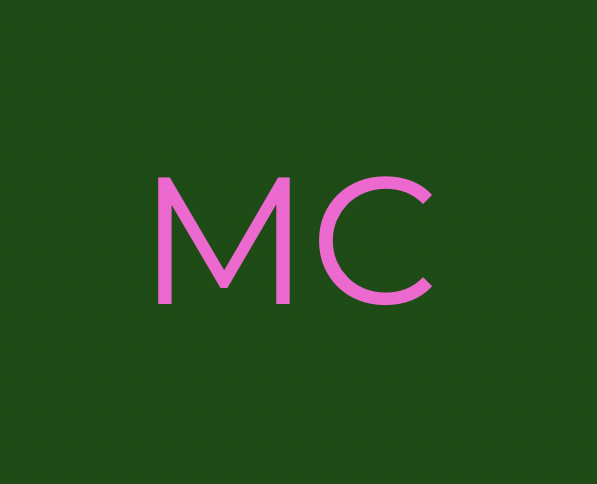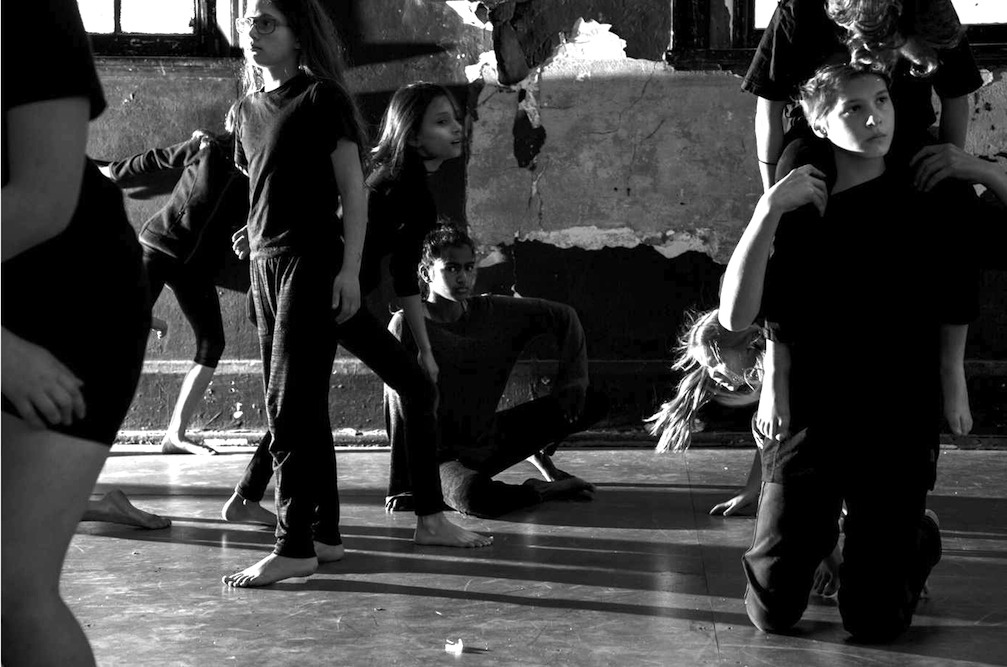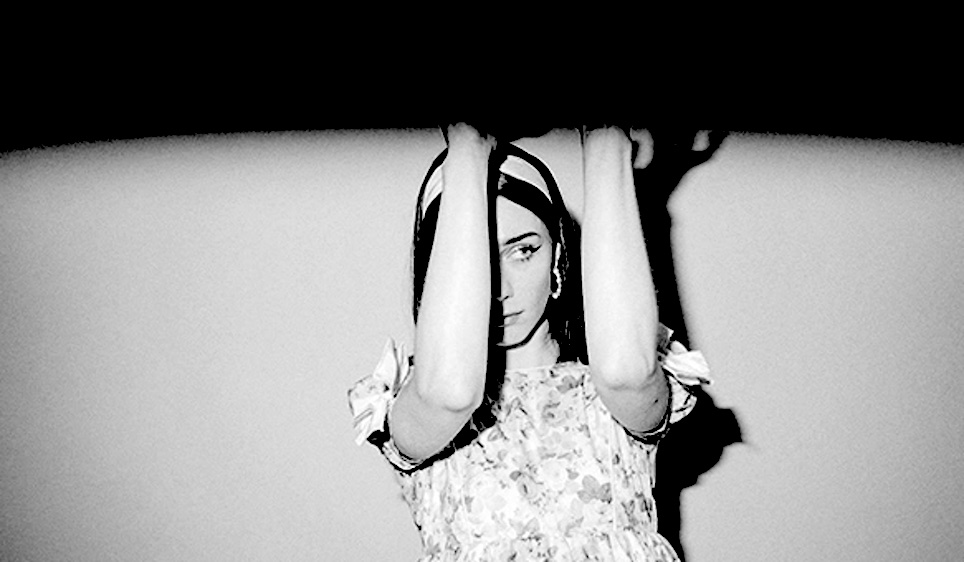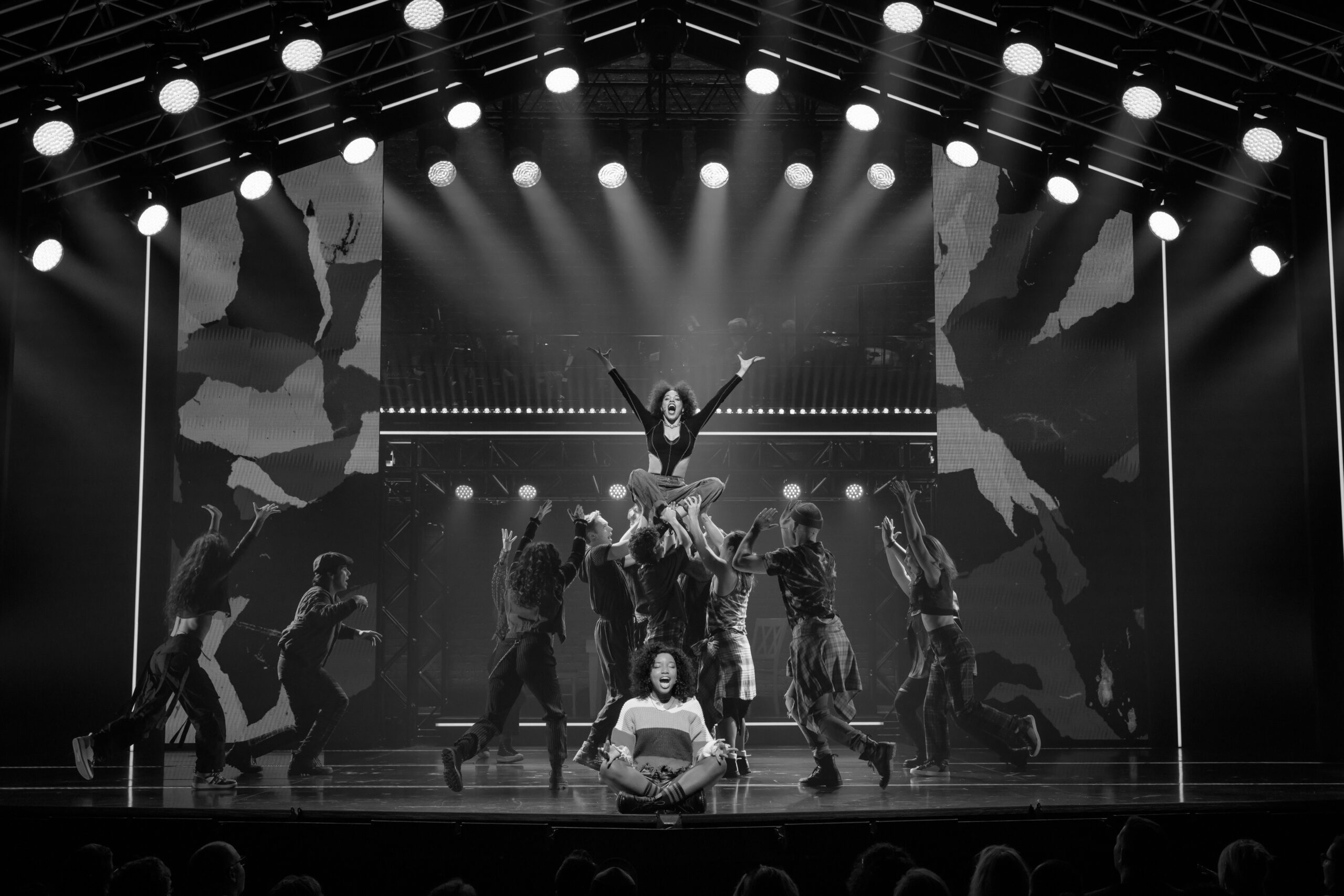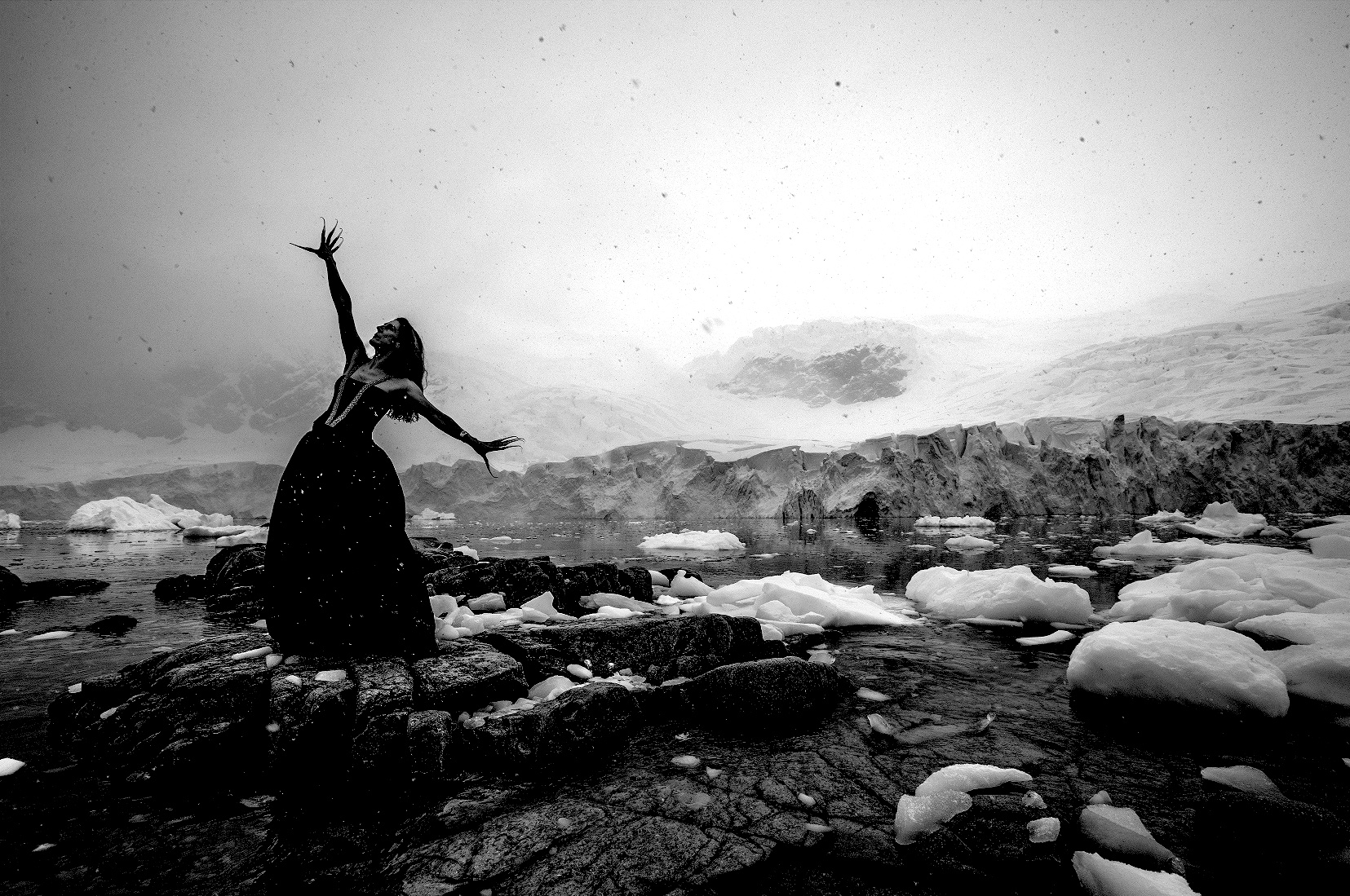BOOK OF EXODUS II
Book of Exodus Part II traces a community propelled from their past into an uncertain future. From the collective better known as Fraught Outfit, we are brought the final chapter in a project with an ensemble of young performers at the centre of its process. The biblical and foretelling nature of their source material provides a timely ménage of images that speak all too directly to the world in its current state of uncertainty and heightened danger. Can theatre and art continue to survive and continue to weave new, contemporary and relevant work from ancient stories? The Melbourne Critique spoke with one half of the creative team behind this work, Adena Jacobs, about process, inspiration and the power of theatre as told by the next generation of performers, artists and makers.
Introduce us to the project, both part I and part II. What are the common threads that are woven between the two, but also what are the differences we will find in this next instalment?
Both of these works are using the biblical story as kind of template for a contemporary work about how a community exiles individuals and these large ideas. But because it is such a rich source material, we felt that we didn’t want to answer it in just one way. This way, it gives us the opportunity to respond to this material twice. The main difference between the two is that the first was quite an intimate work featuring two very young performers, whereas this one is quite large scale with an ensemble of sixteen young people. One interest we had around this was the question of empathy or the issue of empathy, where you can be zoned into the experiences of one or two people and get access to their imaginings their internal world. It’s more difficult on a large scale, where we see it as part of the broader community.
The first work was kind of a documentary or history of these two children that they couldn’t remember. They are wadding through a landscape where they are excavating, using a camera and trying to transmit or record a history of violence or trauma that they couldn’t remember, which of course is the biblical story, but its references were much wider than that. In part two, we meet a group of children who are in a dislocated environment, in the depths of the wilderness and they are without a leader, parent or guardian so they summon a golden calf or an unruly force.
What would be some of the ideas that this work taps into that are current or topical?
It’s a very abstract work that operates on a level of feeling or sensation. It’s not issue-based in any way. It is genuinely a feeling- or image-based work, but I think it speaks to a crisis of meaning and crisis of faith. We are witnessing a community led by a group of children who are on the brink of an unknown future, where they don’t remember their past and don’t know where they are going. It’s not a work on the experience of children in this way. We are experiencing a kind of historical amnesia where we have forgotten the lessons of the past which we are plunging headlong into again. We were interested in children being the messenger for this kind of idea, because metaphorically speaking they can’t remember these historical events that we can remember, but they are aware of them. When we see children on stage, their relationship to time is different. They feel a sense of potential and future in their participation.
Could you imagine a world without art, and if such a future exists, what would the world be set to lose?
No, because I would have nothing to do in a world without art and theatre. I think all art forms give us a way of understanding and decoding a world and give us the opportunity to have incredibly intimate experiences with other people in the most amazing, profound and strange ways. When you are reading a book, you are making contact with the most private world of an author. I think when you are in a theatre it’s the same thing an audience experiences. They are bearing witness to an experience or an event made by a group of people in the confines of the studio. That kind of connection or exchange is incredibly powerful, and no, I couldn’t imagine a world without it. I also believe that theatre has the capacity to unveil our darker impulses and taboos and things which are unspoken and unseen, and i think that is an incredibly important thing.
